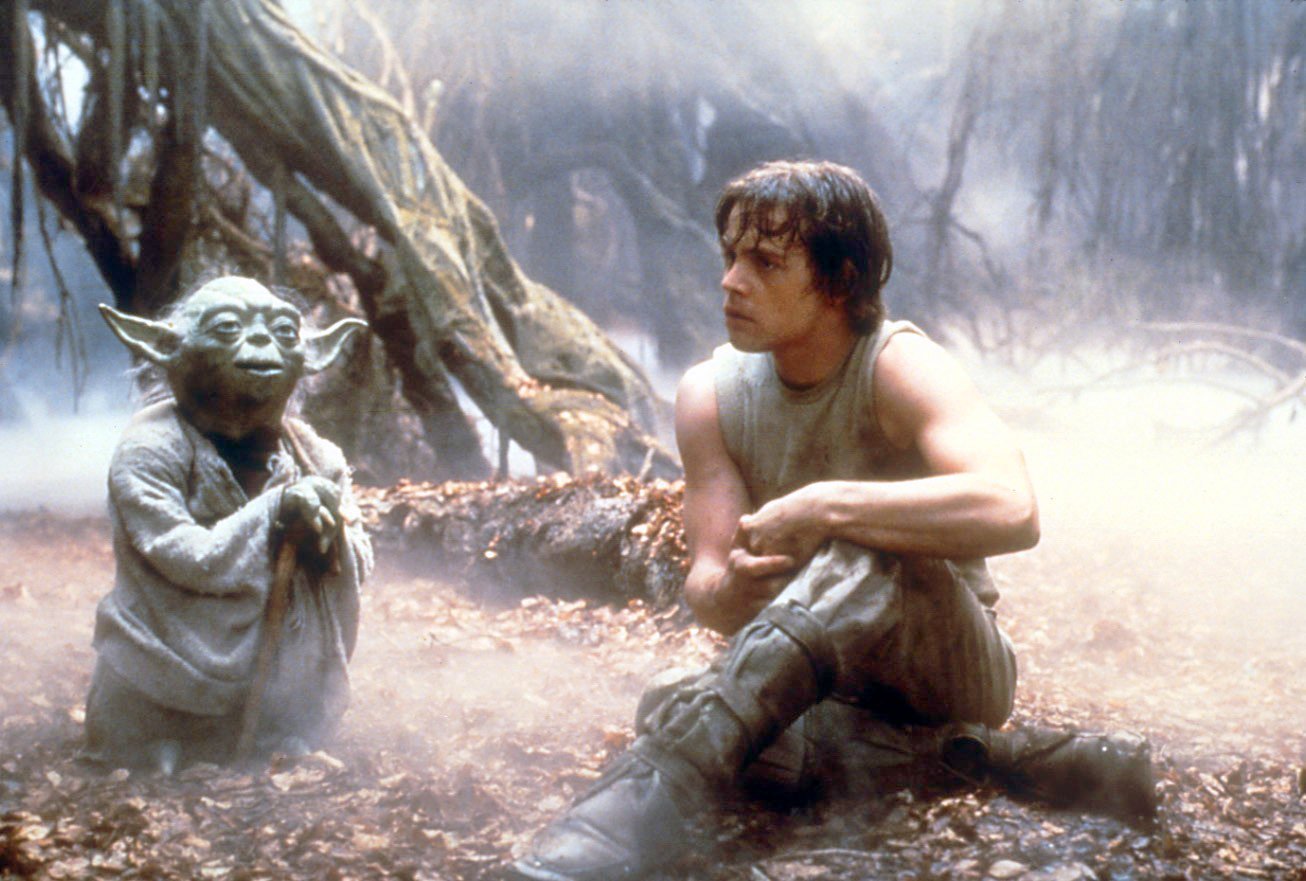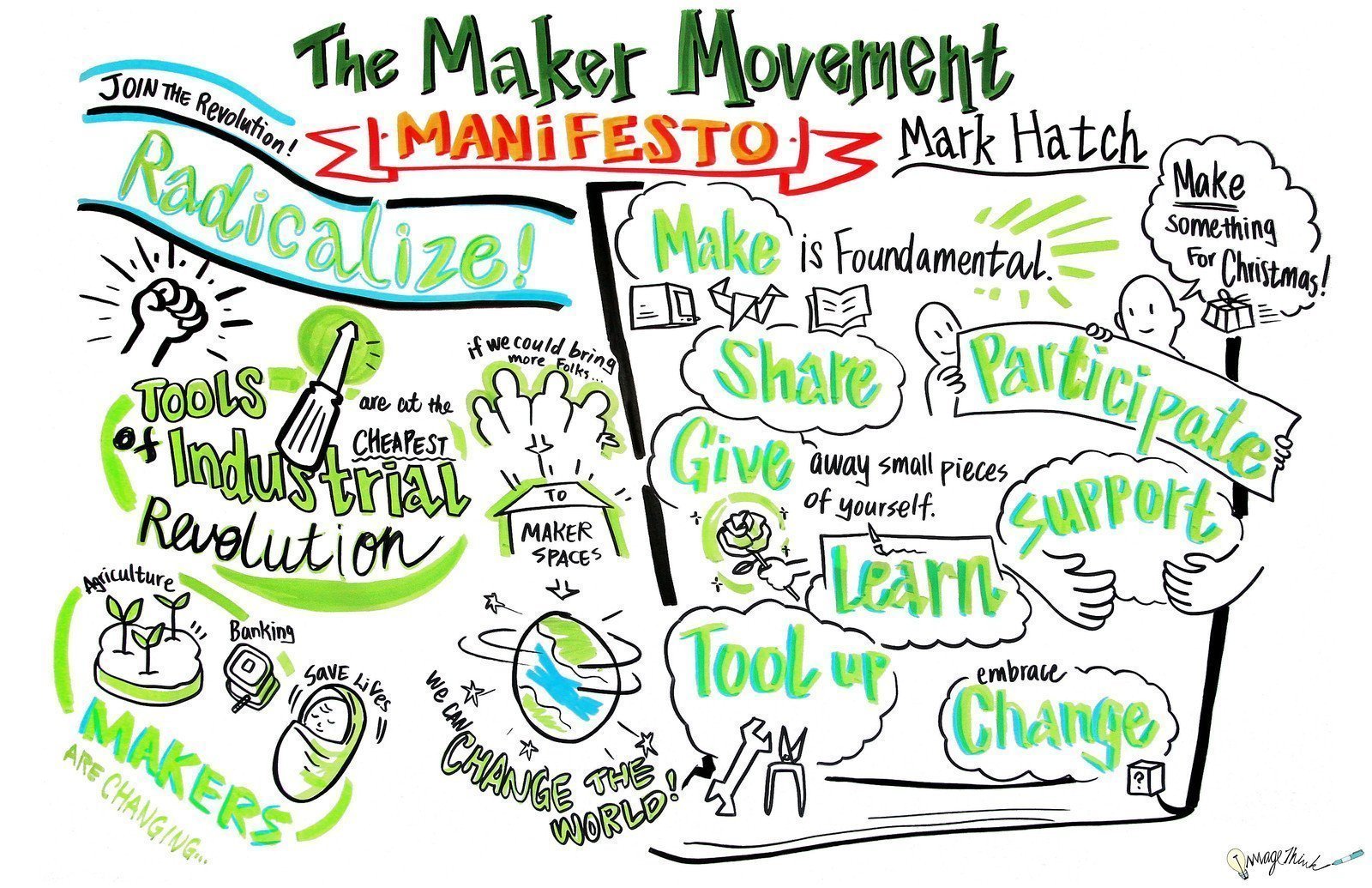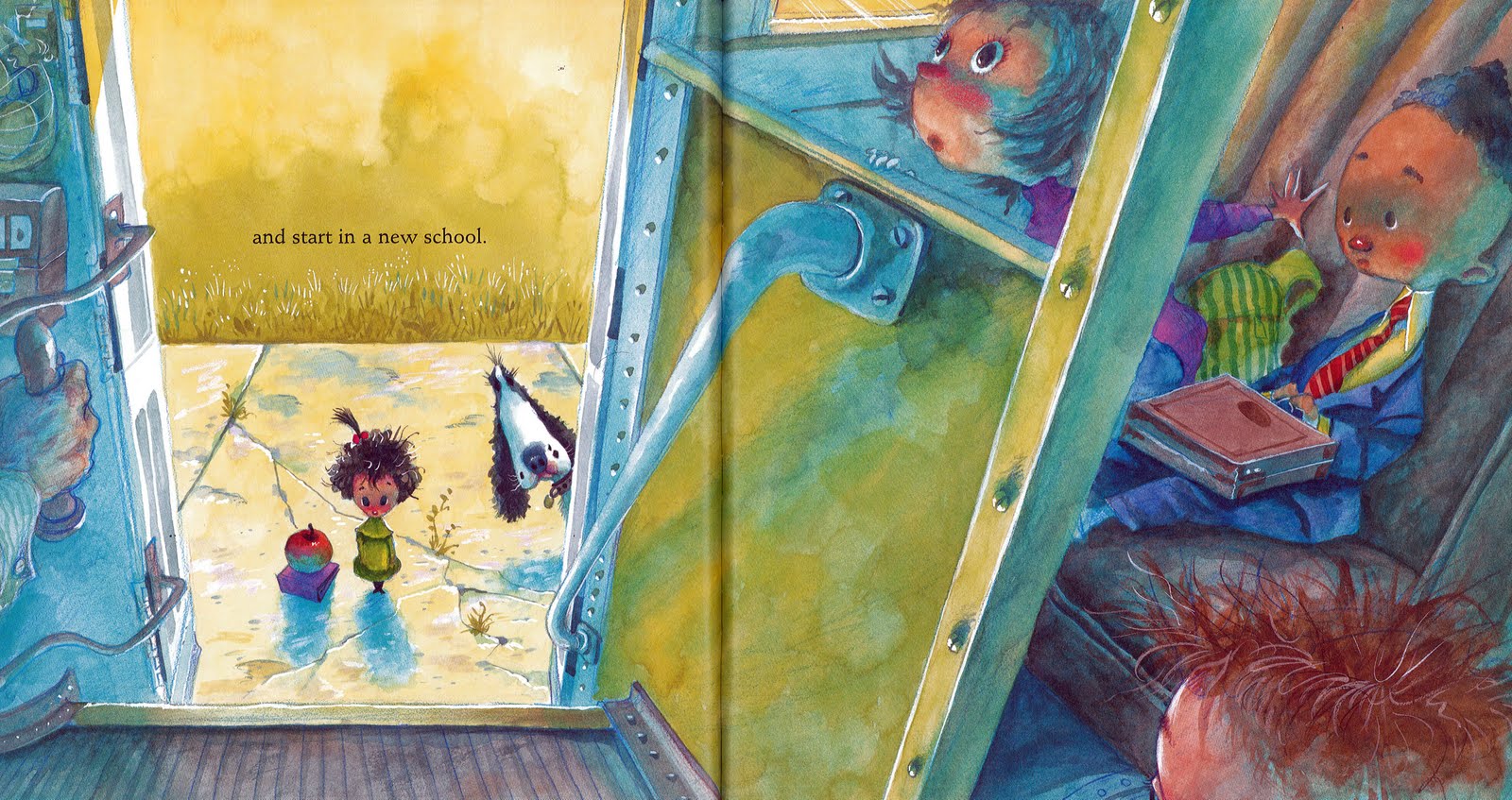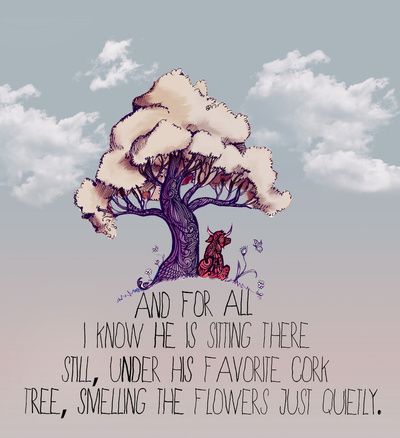
Thank you, Jedi Master
In all honesty I walked into this class feeling completely burnt out even though we had just come back from summer break. English had been something I had loved my entire life. The only thing I was even sort of good at without having to study my booty off for. I grew up with books endlessly being handed to me. Apparently when you love to read people are willing to give you books even if it’s not Christmas or your birthday. I came to Chico and declared myself a liberal studies major, while also considering an English Education major. After my freshman year there was a shift inside myself and the subject of english didn’t make my world brighter anymore. All of the creativity that seemed to surround every word, every paper I had ever written, and every book I had read didn’t set my soul on fire. But as I walked into Kim’s class I had hope because an amazing professor from the year before had strongly recommended her, claiming she was the “Yoda of the English Department”.
Our book groups and our article groups provided us with a new kind of freedom that is very rarely experienced in the classroom setting. I loved the conversations that were able to happen where separate minds shared their thoughts and came away with something bigger. I loved that in these groups and in this class in general we were treated like human beings and not just students. In these groups I got to know different people in my class on a more personal level. And together, through learning that literacy is all around us and cannot be confined to one single definition, we got to laugh together and truly learn the whole way through.
As we sat down on that first day and were asked to define literacy I knew that this was the seemingly simple door to something bigger. When we went even further and talked about our sponsors of literacy and read some of Deborah Brandt it was a reality check. Of the countless sponsors that are tied to my education I realized how blessed I was to have parents who cared about my education and supported me, financially and emotionally, every step of the way. It also lead to realizations about availability and privilege. It was at this point where I fully understand the full privilege I had because at this time in my Anthropology class we were learning about all of the ways humanity has torn our world apart. I learned that in order to go to war with other countries we take part in dehumanizing other humans. We give them a different face. A face we are able to fear and even hate. Instead of a face that has a family praying for their safety back home just as our soldiers did. I learned that millions of people around the world STILL don’t have access to clean water. I learned that throughout history humans have killed in the name of the gods they believe in, in the name of the God I believe in. And in the face of all of this I didn’t feel that I deserved the privilege and blessings I was born into while one in every five children in the United States lives in poverty today. While all of this is happening around the world I was being asked to explore what literacy IS. And now at the end of this semester there’s that new hope again. I believe that wanting to teach tiny humans is special because Santa still exists and they’ve heard “no” a lot less times than older humans have. I now know that we as future teachers have a responsibility and the opportunity to hack education and redefine what failure means.
So thank you to all of you. You all blew me away and I will forever remember this class when looking back at my college career.
P.S. : Shoutout to Ed for being an awesome human being who should seriously consider being a high school drama teacher. You’ll blow their minds, break every drama geek stereotype, and make us the coolest kids in school.
P.S. #2: Kim, you are most definitely more than worthy of the title, “Yoda of the English Department”. Thank you for bringing out the kid in all of us.





 Website:
Website: